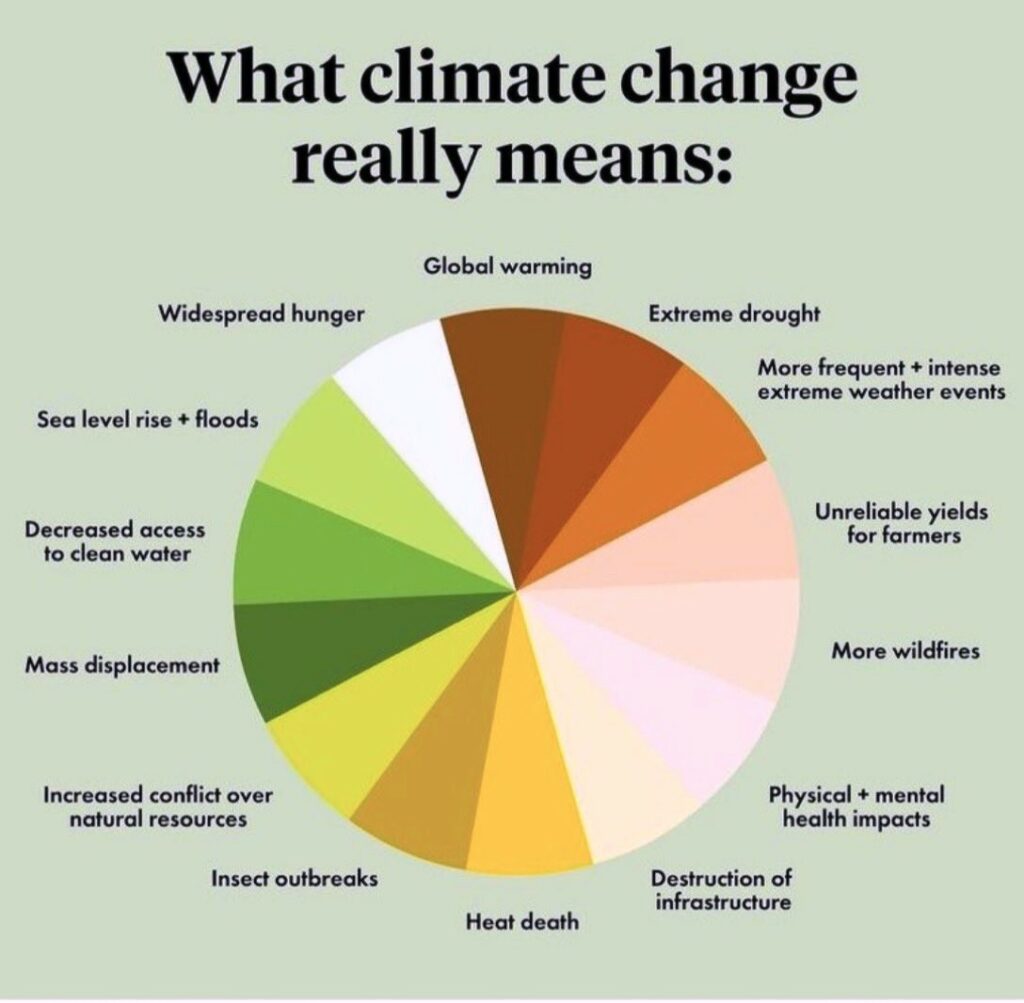
In today’s world, the supremacy of capital stands as a pillar holding up our societies and institutions. This assertion, though seemingly simple, carries implications for our understanding of power dynamics, economic structures, and the urgent need for change in the face of #climatecrisis. This encapsulates a recognition that economic interests, particularly those of capitalists and corporations, wield immense influence over all aspects of human life.
Firstly, let us look into the idea of the supremacy of capital. At its core, this term speaks to the authority held by an ideological “class” holding money and wealth in our globalized society. It reflects economic imperatives that take precedence over social, environmental, and ethical considerations. In this paradigm, profit maximization becomes the objective, driving decision-making at individual, corporate, and governmental levels. As a result, we witness the consolidation of power and wealth in the hands of a few, while vast segments of society are left marginalized and disenfranchised.
The influence of capital extends beyond economic realms, permeating into the fabric of our social and cultural bodies, we can feel this in liberal ideology. Which is traditionally associated with notions of individual freedom, free markets, and limited government intervention, but with #neoliberalism becoming entwined with the supremacy of capital, every context, liberal economic policies prioritize the interests of corporations and the wealthy, reinforcing existing power structures.
The supremacy of capital is not a neutral or uncontested phenomenon. Instead, it is underpinned by a religiose adherence to certain beliefs and ideologies that serve to uphold the status quo. This religiosity manifests in a dogmatic acceptance of capitalist principles, to the detriment of alternative worldviews and dissenting voices. It pushes the culture of unquestioning obedience to market forces and economic growth, even in the face of mounting evidence of their adverse impacts on society and the environment.
The urgency of addressing the supremacy of capital is underscored by the existential threat of #climatechange. The hashtag #Climatechaos serves as a strong reminder of the chaotic and disruptive effects of global warming on our planet. From extreme weather events to biodiversity loss and rising sea levels, the consequences of climate change are already being felt across the globe. Yet, capital continues to impede meaningful action on this front, as short-term profit motives take precedence over long-term sustainability and resilience.
In light of these challenges, the principle of #KISS – Keep It Simple, Stupid – offers a clarion call for action. It urges us to confront the fundamental issue at hand: the dominance of capital in our societies. While the solution to this complex problem may not be simple or straightforward, acknowledging its existence is the crucial first step towards effecting change. We must challenge the religiose reverence for capital and advocate for alternative economic paths that prioritize people and the planet over profit.
In conclusion, the supremacy of capital stands as the challenge in the era of #climatechaos. By understanding and addressing this, we can pave the way for a more sustainable future. It is past time to break free from the shackles of capitalist ideology and forge a path towards a world where the well-being of humanity and the environment takes precedence over corporate interests #KISS
